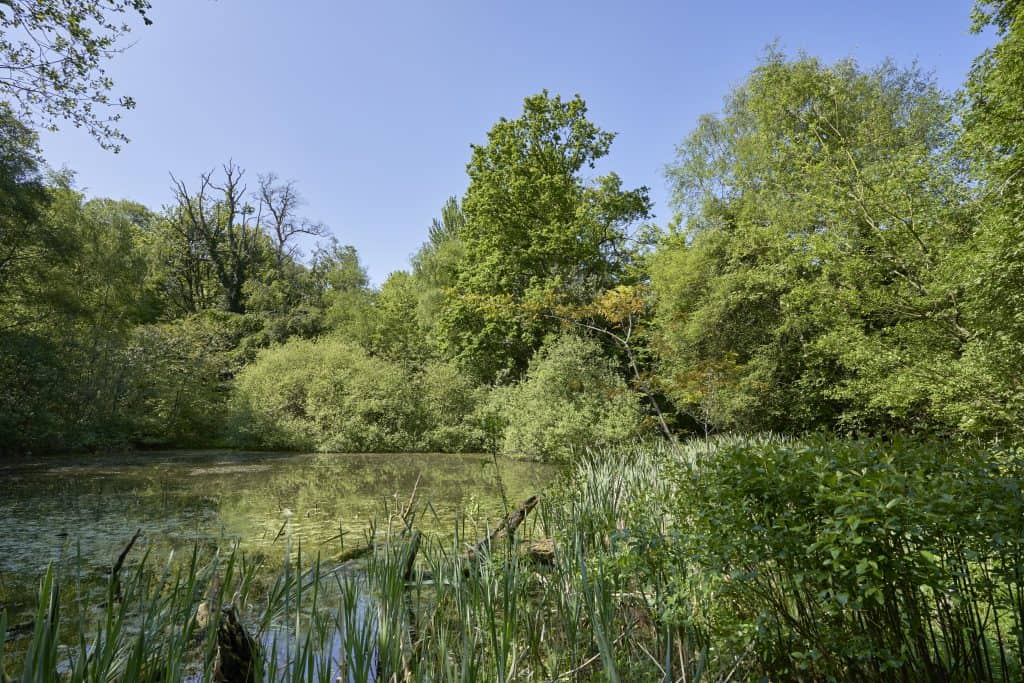Back to School: Curriculum Matters and Covid-19

Every year the prospect of returning to school seems to come upon us earlier and earlier. Even before the summer holidays, shops are filled with rows of shiny new shoes, rails of crisp shirts, schoolbags, and bundles of socks in dazzling shades of clean. This summer in Northern Ireland, as we take ‘baby steps’ towards emerging from lockdown, the prospect of a new school year brings excitement, but also uncertainty. Governors, Principals and teachers are trying to figure out how best to welcome back children and young people, and establish routines that foster health and well-being, both physical and mental. All the talk of the ‘new normal’ can be daunting, for no-one really knows what the experience of school in 2020-21 will be like. The situation presents logistical conundrums to challenge even the most gifted of organisational minds.
Time for Change
But there are other questions too. One that lies close to my own heart is curriculum. When we do get back to school, whatever that might look like, how should we guide the learning of our children and young people? And in this unexpected context, how might we begin to understand success and achievement? Reflecting in The Guardian on education before Covid-19 George Monbiot wrote: ‘In an age in which we urgently need to cooperate, we are educated for individual success in competition with others. Governments tell us that the purpose of education is to get ahead of other people or, collectively, of other nations… But nobody wins the human race’.
The 2007 Northern Ireland Curriculum is a skills-infused framework curriculum that aims to ‘empower young people to achieve their potential and to make informed and responsible decisions through their lives’. This is commendable, but the Northern Ireland Curriculum is 13 years old, and its design was for a Northern Ireland before Covid-19. The word ‘unprecedented’ can feel overused, but the fact remains that we haven’t known times quite like these before. As we look ahead into the new school year and beyond, and in light of the seismic impact of Covid-19, globally and locally, not least in the lives children and young people, a fresh focus on curriculum seems timely and wise. In this piece, I’d like to consider three areas of learning that merit particular attention in our time and place: outdoor learning; the arts and humanities; and character education.
Outdoor Education
We are all aware that we can control infection more effectively outdoors. Furthermore in a recent article in The Guardian Libby Brooks highlighted the growing weight of evidence that suggests that outdoor learning is intrinsically beneficial. For example, learning outside offers great possibilities for building resilience. And if resilience is the ability to bounce back from adversity, this is surely worth developing as we move forward and prepare to live with Covid-19. During lockdown, many of us have been spending more time than usual outside, and as a result we have become more aware of the wonder and beauty of the environment, and the value, both mental and physical, of exercise. We should build on this momentum as we think about curriculum in the months and years ahead. A recent study in Scotland points to the rich learning opportunities of growing food in school gardens, even in urban areas.
Arts and Humanities
Some of the most inspiring a stories in the media during the Covid-19 crisis globally have centred around concern for the good of other people. Most memorably, in Italy, professional musicians sang and performed from their balconies. By sharing their skills in such a beautiful yet simple way, they brought joy to their neighbours and, thanks to technology, to us. Music, they said, can’t be quarantined.
Artists across the world have been facing enormous challenges during the current crisis. But in the middle of it all they have found very creative ways to offer hope. While excellence in science, mathematics and economics are inarguably essential as we seek to develop a vaccine for Covid-19, we should be mindful of the hopefulness and value of the arts and humanities. History, ancient and modern, has much to teach us in relation to our response to disease and pandemics. Moreover, in a fascinating piece, Nathan Fleschner writes of the kind of thinking that studying even the theory of music can foster. He argues convincingly that the arts and humanities can equip young people with the thinking skills needed in our current world, awash as it is with data and fake news.
Character Education
During lockdown, acts of kindness have multiplied in communities around the globe. Here in Northern Ireland, teachers have been at the forefront of magnificent efforts to support the children, young people and their families, and it has been heartening to see local colleagues honoured in this year’s National Association for Pastoral Care in Education awards.
We know that academic excellence is important, but in times of crisis we learn that compassion and kindness are of infinitely greater worth. We should explore initiatives that infuse curriculum with the development of virtues such as The Good Project and the Kindness Curriculum. There are more helpful resources online compiled by the Red Cross. Another fine project is the Narnia Virtues: a Character Education English Curriculum that encourages the cultivation of good character through engagement with the Narnia Novels by Belfast’s very own C.S. Lewis. Seamus Heaney in his Five Fables, also placed value on the power of story in the development of moral imagination.
Of course great stories are told in many different languages and not just in English. The global resurgence in popularity of Albert Camus’s La Peste during the Covid-19 crisis is testament to this. The power of engaging the imaginations of children in the face of global challenges through story was considered at a recent French studies conference at Stranmillis University College. One of the delegates we welcomed to Belfast is Helen Patuck, who has since published an inspiring picture book to help children understand Covid-19, translated in several languages.
In a recent curriculum blog, I considered French philosopher Paul Ricœur for whom story was the gateway to understanding not only ourselves, but our relationship with the world and others. Ricœur argued that the story of each human being is precious. Children and young people across Northern Ireland and beyond will be returning to school with many different stories, and we should value each one of them.
Conclusion
In different ways, outdoor learning, the arts and humanities, and character education have the potential to generate hope. We must keep this in mind as we contemplate going back to school, as we review curriculum together, seeking to guide the learning of our children and young people, and prepare them to live well and achieve success in the future.

Sharon Jones is Senior Lecturer at Stranmillis University College and a CREU member. She sits on the Editorial Board of The Curriculum Journal.
Reasons to study at Stranmillis
Student Satisfaction
Stranmillis is ranked first in Northern Ireland for student satisfaction.
Work-based placements
100% of our undergraduate students undertake an extensive programme of work-based placements.
Study Abroad
All students have the opportunity to spend time studying abroad.
Student Success
We are proud to have a 96% student success rate.
